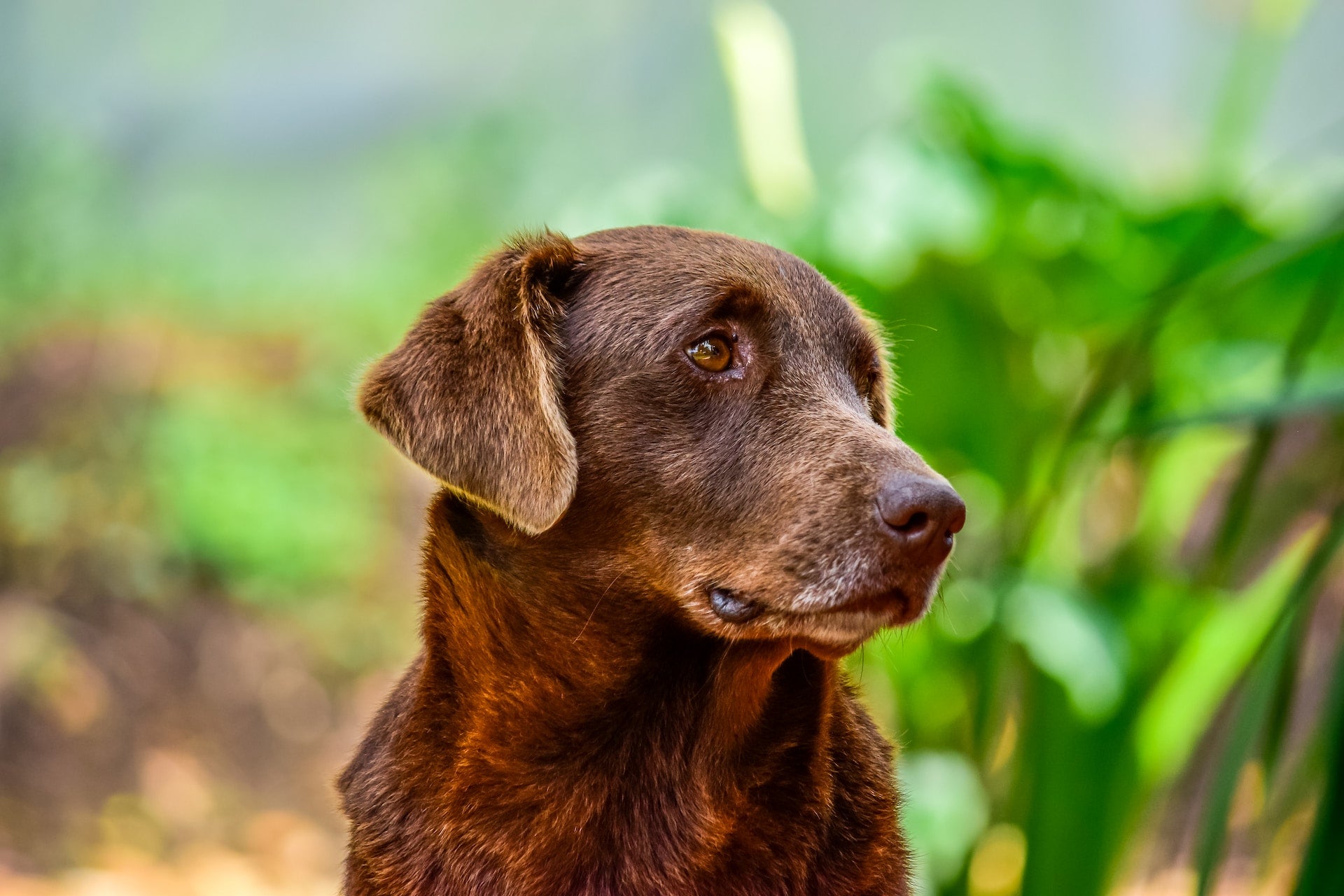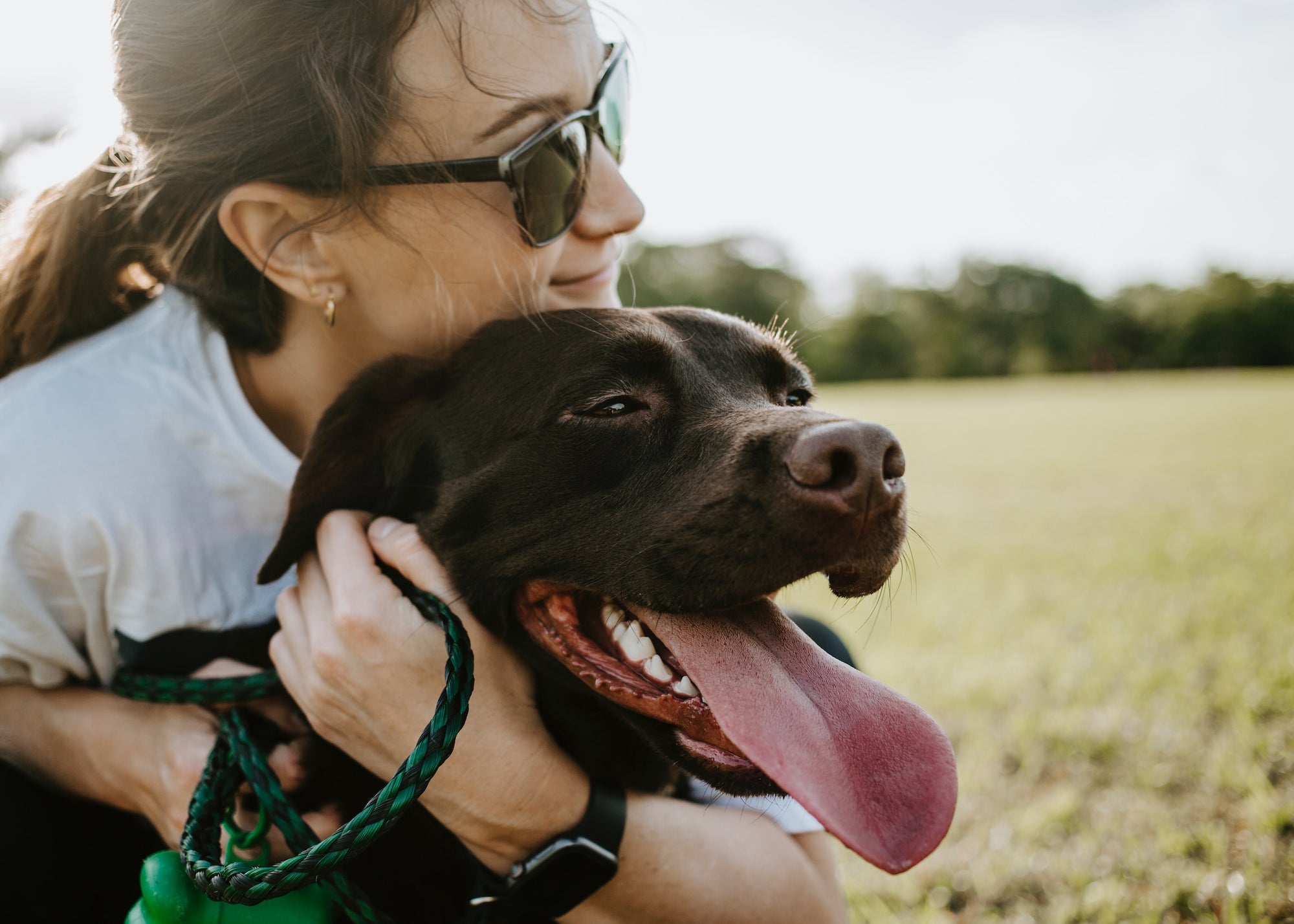Welcoming a furry friend into your life is a journey filled with joy and a few challenges – one of which is socialization. Socialization is the process of preparing your dog to enjoy interactions and be comfortable with other animals, people, places, and activities. It's an essential aspect of raising a well-rounded dog that can thrive in various situations and environments.
In this guide, we'll take a look at how to socialize dogs at different life stages: puppies, adults, and seniors. Each stage has its unique approaches and techniques, ensuring that your canine companion can navigate the world with ease and confidence.

Socializing Puppies
Puppy socialization is more than just play, it's a crucial developmental process that introduces young dogs to the world they live in. This stage involves exposing them to different stimuli in a positive way, helping them learn to respond without fear or aggression.
Understanding the Socialization Window
The socialization window is a vital period in puppy development, typically ranging from three to fourteen weeks. During this time, a puppy's brain is highly receptive to new experiences, which can significantly shape their future temperament and behavior.
This window is the optimal time for puppies to learn about the world and build confidence. That's why it's so important to make sure puppies are socialized early in a safe and positive way.
It should be mentioned that traditionally, puppies were advised to stay home until completing vaccinations at 18-20 weeks. While this prevents disease, it hinders social development. Modern approaches balance safety and socialization, minimizing disease exposure. However, there are ways to safely socialize your puppy while keeping them protected.
Steps for Socializing Puppies
The key to socializing puppies is exposure, but it's vital to do this gradually and with care. Here are a few simple steps you can follow to successfully socialize your pup:
- Meet different people. Introduce your puppy to a wide range of individuals, including people of different genders, ages, and ethnicities. This will help them to develop social confidence.
- Experience various environments. Take your puppy to new locations to expose them to different sights, sounds, and smells, helping them adjust to changes in their surroundings.
- Meet other pets. Allow your puppy to interact with well-behaved and healthy animals to teach proper social cues and behaviors.
- Learn gentle handling. Accustom your puppy to being touched in areas like their paws, ears, and mouth. This will help prepare them for grooming and veterinary exams.
- Practice positive reinforcement. Reward your puppy with treats and praise to reinforce good behavior and create positive associations with new experiences.
Common Challenges and Solutions
Puppies may experience fear or overstimulation during socialization. It's important to address these responses calmly, using reassurance and positive reinforcement to build up their confidence.
To help fearful puppies, gradually exposing them to the source of their fear can be beneficial. On the other hand, managing an overexcited puppy may involve redirecting their energy through play or training exercises.
Another common challenge is managing puppy vaccinations and socialization. Make sure to consult with your vet about when to start socializing your pup and take precautions when introducing them to new environments or animals.
Remember, consistency and patience are key when socializing puppies. The more positive, safe experiences they have, the better adjusted and well-behaved they'll be as adults.
To learn more about socializing puppies, check out these excellent, in-depth resources from Whole Dog Journal and American Kennel Club.
Socializing Adult Dogs
Socializing adult dogs can be more difficult compared to puppies, as they may have established fears or behavioral issues. However, with a thoughtful and patient approach, even adult dogs can learn to adapt and become more comfortable in various social situations.
In this section, we'll discuss a few key tips for socializing adult dogs to help them feel more comfortable and confident in the world around them.
Assessing Socialization Needs
Before beginning the socialization process, it's important to assess your dog's personality, needs and potential challenges. Consider factors such as their previous experiences, past traumas, and any behavioral issues they may have. This will help you create a personalized socialization plan that addresses their specific fears or triggers.
If you're unsure about your dog's socialization needs, it's a good idea to consult with a professional dog trainer or behaviorist for guidance. They have a lot of experience working with different dogs and can provide valuable insights and techniques to help your dog become more socialized.
Effective Socialization Strategies
Next, let's look at some effective strategies for socializing adult dogs:
- Start with familiar environments and people. Begin by introducing your dog to new experiences in familiar settings, such as a friend's home or a quiet park. This can help them feel more comfortable and allow them to gradually work their way up to new places.
- Practice positive reinforcement. Just like with puppies, rewarding good behavior with treats and praise can help reinforce positive associations with new people, places, and experiences.
- Introduce calm and well-behaved dogs. Socializing adult dogs with other calm and friendly dogs can be a great way to teach them proper social cues while providing a positive experience.
- Take it slow. Remember that socialization is a gradual process, and it's essential to move at your dog's pace. Don't force them into situations that make them uncomfortable. Instead, allow them to explore and adjust in their own time.
Overcoming Behavioral Issues
One of the most common challenges when socializing adult dogs is addressing behavioral issues like fear or aggression.
In these cases, we recommend seeking professional help from a certified dog trainer or behaviorist. They can assess your dog's behavior and provide specialized training techniques to address their specific needs.
Just as with puppies, consistency and patience are critical when working with adult dogs on socialization. With proper guidance and a positive approach, even the most fearful or reactive dogs can learn to be more comfortable and confident in social situations.
For more information about socializing adult dogs, we recommend this article from Preventive Vet.
Socializing Senior Dogs
Socialization for senior dogs can often be overlooked, yet it remains a critical component of their care. This is especially true for dogs that have spent a lot of time in shelters or experienced changes in their living environments.
These dogs may need to relearn how to interact with new pets, people, and surroundings or simply require gentle stimulation to maintain their social skills.
Understanding Age-Related Changes
As dogs mature, they may encounter limitations such as reduced mobility, diminished senses, or increased anxiety. For this reason, socializing senior dogs often involves creating comfortable experiences that accommodate these changes.
For example, short, quiet walks in familiar areas can provide stimulation without overwhelming them. Indoor playtime can also be a great way to keep your senior dog's mind and body active in a controlled environment.
Socialization Techniques for Senior Dogs
Introducing socialization techniques for senior dogs should be done with care and consideration for their individual needs and capabilities. Here are a few tips to help you get started:
- Offer gentle introductions. Start with calm, short meet-and-greets with new people and animals to prevent overstimulation.
- Maintain a routine. Consistency helps senior dogs feel secure. Keeping a regular schedule for social activities can minimize anxiety.
- Create sensory experiences. Engage their senses with new but gentle stimuli like soft music or a massage to help build confidence and relaxation.
- Encourage light exercise. Gentle walks or play in a familiar, safe environment can provide both physical activity and social interaction.
- Foster quiet companionship. Quiet time with a trusted person can be comforting and is a form of socialization that respects a senior dog’s slower pace.
Challenges When Socializing Senior Dogs
As mentioned earlier, senior dogs can face unique socialization challenges due to factors including decreased cognitive function or sensory impairments.
These dogs may show signs of confusion or distress in new environments or with unfamiliar pets and people. They might also have hidden fears that weren't noticeable in their younger years or could be coping with the loss of a long-term animal or human companion.
It's important to adjust socialization techniques based on your dog's physical and emotional capabilities. For example, if you discover that your dog is uneasy around children, it's crucial not to rush the socialization process. Start by letting them observe kids from a distance and gradually decrease the space as they become more comfortable.
Showing patience and understanding can truly make a difference when socializing senior dogs. Knowing when to gently push their limits and when to prioritize their comfort is key to avoiding unnecessary stress.
Check out this article from Chewy for more tips and tricks for socializing an older dog.
Is Your Dog Ready for Life's Next Adventure?
No matter your dog's age or past experiences, it's never too late to work on socialization. With the right techniques and support, you can help your dog become more confident and comfortable in new environments and with unfamiliar people and animals.
Remember to always assess your dog's needs and be patient and understanding as you guide them through the socialization process. And don't hesitate to seek advice from your veterinarian, an animal behaviorist, or a professional dog trainer for additional guidance and support.



